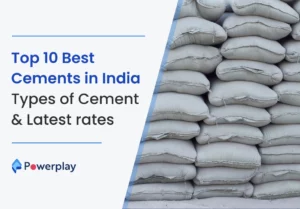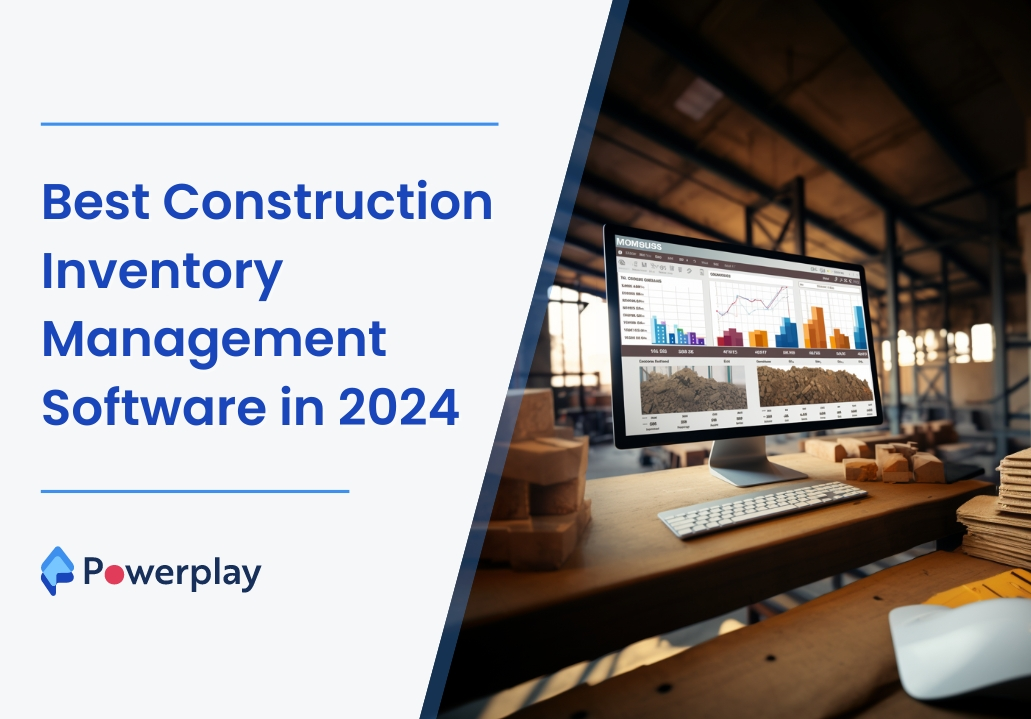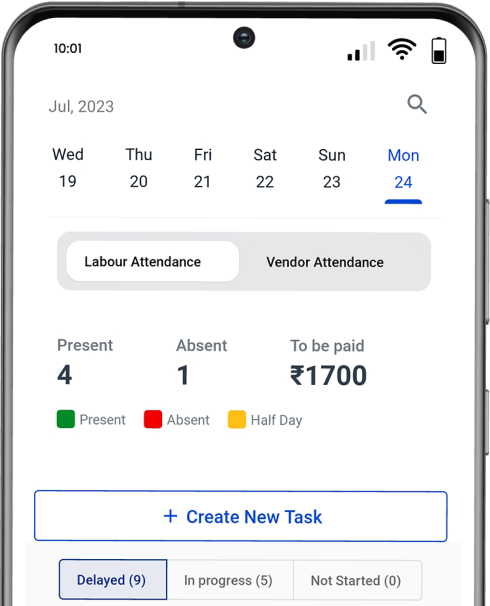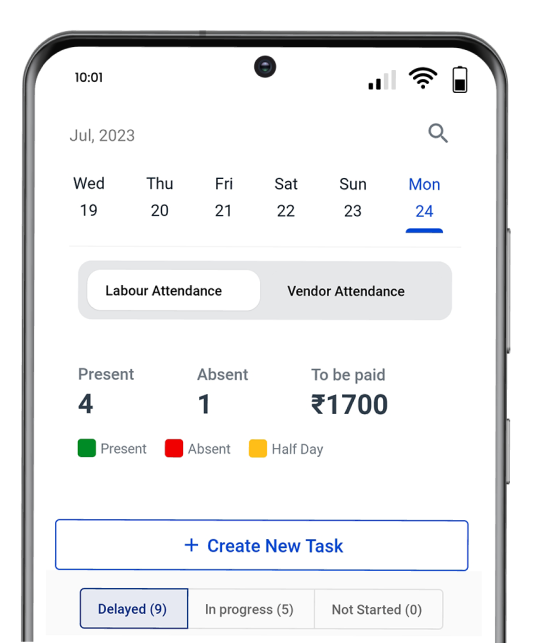Quality assurance in Construction projects
-
Kumar Abhishek Anand
- October 23, 2023
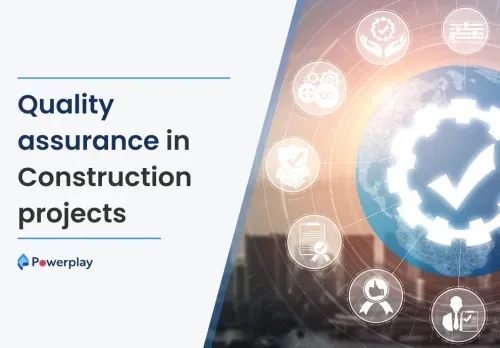
Construction projects must always be able to find a balance among costs, time and quality. Quality assurance is required due to inexperience and negligence particularly in smaller projects which can affect the quality of construction. The process of establishing an assurance program for quality and implement a quality assurance process for the overall improvement of the construction’s quality is now a crucial subject.
To increase confidence in the customer and trust, the quality of the work must be carried out in accordance with the established quality assurance program. The aim of this document is to analyze the many variables and loopholes that can have a major influence on the efficiency of quality assurance and quality control systems and provide suggestions to improve the quality of construction projects.
It is the way to prevent mistakes from occurring in construction projects by establishing ‘rules’ for minimum standards of quality and ensuring the decisions made are in accordance with the requirements. Quality assurance encompasses things like the materials used, equipment and methods of assessing the quality of work, project management, certificates and abilities and more.
Quality assurance is all about planning. By incorporating quality into the decision-making process throughout your project, you’ll be sure that you’re purchasing the correct materials, and with the appropriate equipment and that everyone is aware of what is expected.
Quality assurance is distinct from quality control (although both have a lot in common). Quality assurance concerns creating standards, quality control involves examining whether elements or structures are in line with the requirements of those standards.
Quality construction is a lengthy and intense process, that everyone is accountable for. It’s all about checking every decision and ensuring that work is in line with the standards of quality assurance set.
5 Rules to ensure high quality in your construction projects
These are the five essential rules to help you with high-quality assurance of your projects:
1. The definition of ‘quality’ is: Everyone working on a project should be able to understand what you mean when you say ‘quality and what you expect from your project. Write down the details and communicate your expectations to subcontractors suppliers, and project managers. For instance, you may choose to have very high-quality the sound-proofing of your home (above the legal minimum of 45dB for new construction). Therefore, you’ll want subcontractors to know this before making purchases involving insulation materials.
2. Design, planning and creation of designs: Designers as well as project supervisors must conduct thorough evaluations of plans, be sure to check for any clashes, and try to avoid cutting corners. If you are able to identify and address issues in the moment you are less likely to experience the effects of delays happening in the construction process itself. Recently, BIM technology has been proven to aid in the construction process by automatically identifying conflicts.
3. Material buying: It’s vital to ensure that the materials and equipment purchased meet your requirements. The purchase of cheaper materials might save cash in the short-term but may cause problems in the future. Quality assurance in purchasing also includes ensuring that the suppliers you choose are in a position to meet your needs.
4. Continuous interaction throughout the construction: All project participants must be in a position to communicate, discuss problems and check the progress. The quality of construction depends on the manager of the site constantly watching the construction, and ensuring that it is in line with your agreed definitions of quality.
5. Handover and Snagging: Once the structure is completed, quality control is also a factor during the handover and snagging stage. It is the process of conducting checks to ensure that the structure as built is up to your expectations for quality.
What is difference between QC and QA in the construction industry?
In essence, QA is focused on eliminating defects, while QC is concerned with identifying the flaws.
Quality Assurance is about an arrangement. It’s done prior to when the construction process commences. Quality Assurance is a process which oversees the quality. QA is the process of recording the methods and principles, standards and methods to be followed and ensures that they are available to people who require to be aware of them.
The key elements of QC include observation and activities. When you have the ideal structure and arrangement (done in the QA process) it is essential to examine the work to make sure your results are exactly what you would like they will be. In the simplest terms, QC is the investigation of the workmanship on the construction site. Quality Control verifies that the required quality is maintained.
When building a slab QA involves having someone monitor and inspect the formwork and the rebar, then reporting the problems for fixing and monitoring the time when they’re fixed before concreting starts in the specific slab. While QC is the particular person or person who is visiting the construction site, making sure the size of the rebar, the spacing between the rebars and ensuring that no. of rebars conform to drawing and that the formwork is secure and sturdy without debris blockage blocks being installed.
The next three points clarifies the distinction:
1. QC selects suppliers, products and processes that meet QA standards.
2. QC assures that the building meets the standards set by QA.
3. QC examines project requirements using QA procedures.
QA as well as QC are separate terms that are not interchangeable. QA is focused on processes, whereas QC has its focus on the final product. Both are essential for ensuring quality throughout the construction site. If you test or inspect without having a plan in place and without a plan, you may overlook the entire picture. This is why it is crucial to be able to manage both the quality and testing aspects.
To conclude, it’s important to be aware that quality assurance doesn’t negate the need for quality control. QC is essential and must not be sacrificed at any time of quality control in the construction process.
Share
Kumar is a digital content professional with more than 2 years of experience in Blog writing, copywriting and scripting. His passion lies in the art of creating convincing content that plays a major role in converting leads for SAAS businesses.
